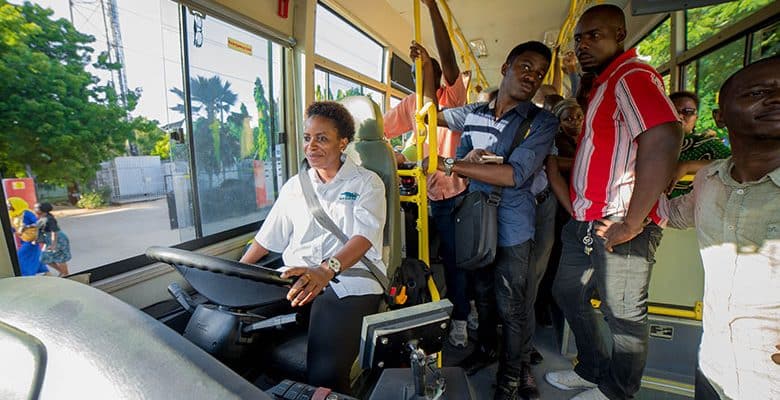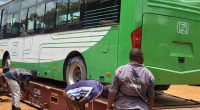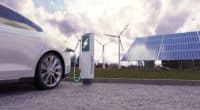Faced with social inequalities and the challenge of globalisation, the Dar es Salam Metropolitan Development Project (DMDP) implemented over the past eight years in Tanzania's largest port city is beginning to bear fruit in terms of economic and climate resilience.
Launched in 2015, the Dar es Salaam Metropolitan Development Project (DMDP) in Tanzania is on track. At a total cost of $350 million, the initiative co-financed by the World Bank Group ($300 million), the Tanzanian government ($44 million) and the Nordic Development Fund (NDF) to the tune of $6 million ,aims to improve the living environment of at least 5 million people. The target populations include those in the districts of Lala, Kinondoni and Ubongo, which are constantly affected by the vagaries of the climate.
According to John Morton, the first phase, which has just been completed, consisted mainly of carrying out a number of studies. “The funding has enabled us to analyse how green spaces can reduce flooding and erosion, so that we can develop guidelines on how greening should form part of the infrastructure. We will use these results to green roadsides, cycle paths or drainage channels”, explains the urban planning advisor at the World Bank.
In the district of Temeke, for example, the municipal authorities have indicated that 20 trucks went into service at the beginning of 2023 to improve waste collection and transport to the Pugu landfill site, while 96 kilometres of roads have been tarmacked at a total cost of 196 billion Tanzanian shillings, or 79.6 million euros. In the neighbouring district of Kigamboni, work in 2019 saw the construction of a new, modern 16.5-metre bridge along Shekilango Road, which has long been a congestion zone for many traders and civil servants.
Dar es Salam ready for sustainability
Upcoming works in Dar es Salam will include the construction of four rainwater retention basins to protect residents in the event of heavy rain, as well as the completion of lines 3 and 4 of the Bus Rapid Transit (BRT). This environmentally-friendly transport system is intended to replace the “boda boda” (motorbike taxis) widely used to get around the Tanzanian economic capital. “211 kilometres of roads have been identified for upgrading, including 65.4 kilometres in districts directly linked to the rapid bus and 145.6 kilometres in unplanned areas spread over 14 districts”, says the World Bank.
Read also-TANZANIA: $276 million from the AfDB and AFD for the Kakono hydropower plant (88 MW)
For Aage Jørgensen of NDF, based in Helsinki, Finland, it’s a question of integrating adaptation to climate change into the mobility policy of this port city. This also applies to the water sector, which is currently being considered for the construction of new infrastructures. “In recent years, we have had to introduce water rationing due to the lack of water in the rivers on which a large part of the population depends. This puts additional pressure on groundwater supplies”, says the World Bank.
Benoit-Ivan Wansi







